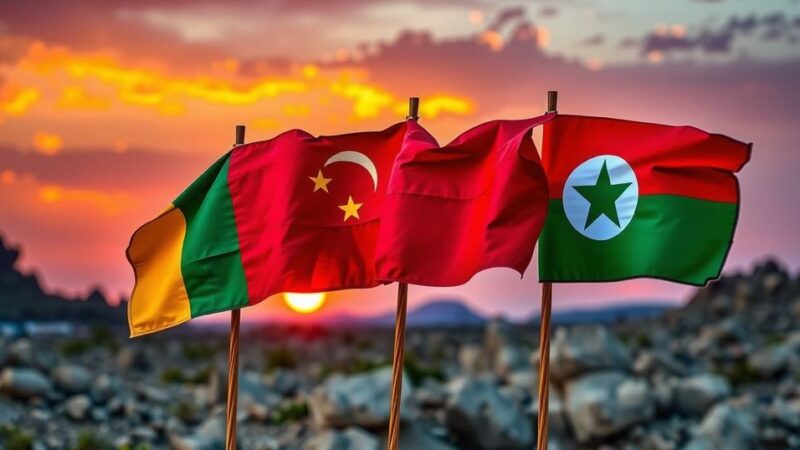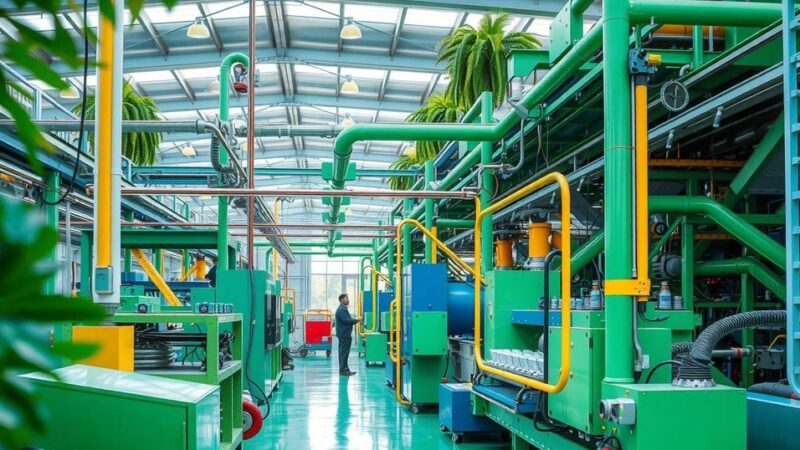The Brazilian government has secured new market access for agricultural products in the Eurasian Union, Saudi Arabia, and Thailand. Key products include bananas, nuts, yerba mate, macadamia nuts, fishmeal, and fish oil. These developments have significantly increased export volumes, totaling USD 6.3 billion combined in 2024. In total, 221 new market opportunities have been established in 2024, reflecting Brazil’s commitment to agricultural exports and international trade partnerships.
The Brazilian government has recently announced significant developments in its agricultural export capabilities, particularly with new authorizations for products destined for the Eurasian Economic Union (EAEU), Saudi Arabia, and Thailand. The EAEU has granted permission for the import of bananas and nuts, contributing to Brazil’s impressive USD 1.3 billion in agricultural exports to the region in 2024. Meanwhile, Saudi Arabia has opened its market to yerba mate and macadamia nuts, with Brazilian exports exceeding USD 2.3 billion in the same year. Furthermore, Brazil’s exports to Thailand expanded to include fishmeal and fish oil, resulting in over USD 2.7 billion in agricultural goods imported between January and November 2024. These advancements reflect Brazil’s ongoing commitment to diversify its export portfolio and enhance international trade relations. Overall, Brazilian agribusiness achieved 221 new market access opportunities in 2024, totaling 299 since early 2023, facilitated by the collaborative efforts of the Ministry of Agriculture and Livestock and the Ministry of Foreign Affairs.
Brazilian agriculture plays a critical role in the nation’s economy, contributing significantly to export revenues. Market access to higher paying and large-volume markets such as those in the EAEU, Saudi Arabia, and Thailand is essential for enhancing Brazil’s agricultural competitiveness on a global scale. The ability to successfully navigate regulations and secure authorizations for various products is indicative of Brazil’s robust sanitary and phytosanitary measures, which bolster international confidence in its agricultural goods.
In conclusion, the Brazilian government’s recent advancements in securing market access for agricultural products in the Eurasian Union, Saudi Arabia, and Thailand demonstrate a strategic focus on expanding its export portfolio and strengthening global trade relationships. The impressive export figures and the substantial number of new market opportunities underline the effectiveness of Brazil’s agricultural policies and the continued trust in its quality assurance systems.
Original Source: www.gov.br





